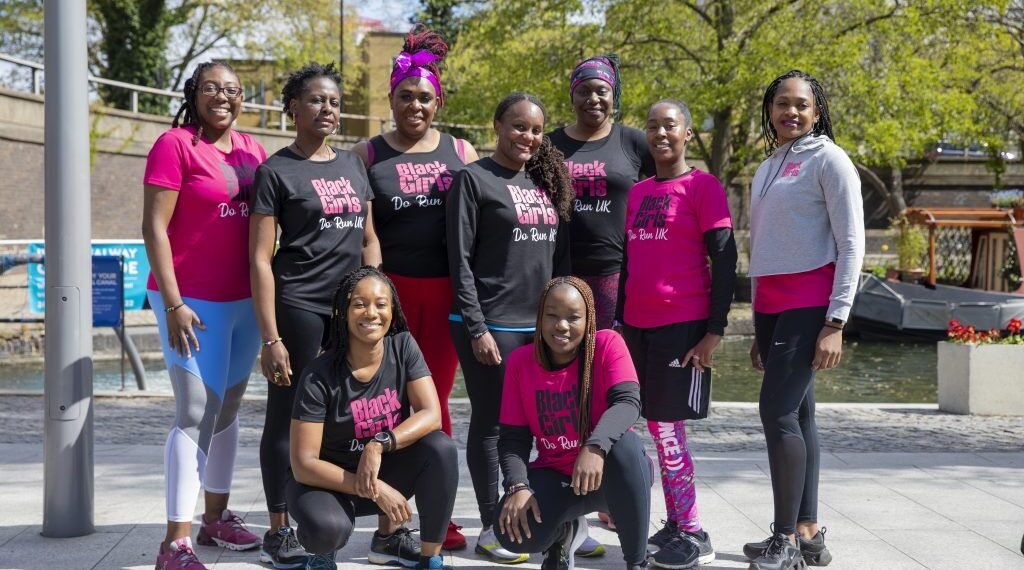A United Kingdom-based organisation, Charity Women in Sport, has called on sports leaders to do more for young black girls, saying black girls face more barriers to accessing sport than girls from other backgrounds.
It said 48 percent of black girls “fall out of love” with sports in their teens.
The organisation claims that this demographic faces additional obstacles when it comes to participating in sports compared to girls from different backgrounds, resulting in many “losing interest” in sports during their teenage years.
A recent study released by the charity revealed that twice as many black girls as white girls aspire to be elite athletes in the UK, yet black girls have the lowest levels of sports engagement.
According to the findings, 48 percent of black girls lose their passion for sports during their teenage years due to challenges like racism, misogyny, and rigid sporting frameworks.
Tessa Sanderson, who achieved a gold medal in women’s javelin for Great Britain at the 1984 Olympics and serves as an ambassador for Women in Sport, described the findings as “truly heartbreaking.”
Sanderson emphasized the need to establish a sporting environment that supports black girls rather than excludes them.
Read also:
- Leicester faces independent commission over alleged financial violation
- S/Eagles defender Balogun bids farewell to Rangers
- Prosperity Cup organizers congratulate Bayelsa Queens on winning NWFL
The charity called for “immediate action” from sports leaders, coaches, and policymakers, which includes increasing the representation of black women across all levels within their organisations.
Further suggestions include training both paid and volunteer staff on diversity issues, implementing anti-racism and anti-misogyny measures, gathering and utilising data on participation by gender and ethnicity, enhancing community programmes, and allowing greater flexibility in talent development pathways to meet the specific needs of black girls.
“Sport providers must pay attention if they aim to serve black girls effectively, and it’s clear that the sport itself stands to benefit from these changes,” stated Stephanie Hilborne, the chief executive officer of Women in Sport.
The research received backing from various organisations, including British Cycling, British Rowing, England Hockey, England Netball, the England and Wales Cricket Board, the Football Association, the Lawn Tennis Association, and the Rugby Football Union.






